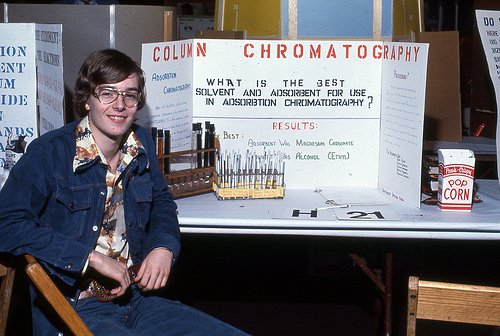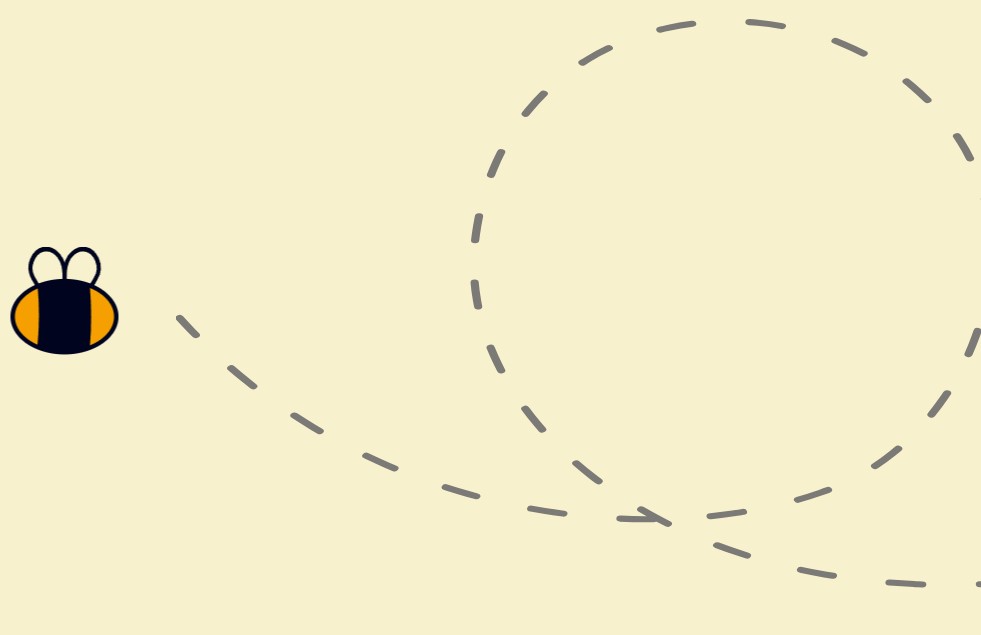Kids, put away your hand-me-down baking soda and vinegar volcanoes—science fairs just got a whole lot more interesting.
Google is about to hold the first ever global online science fair, which means first place no longer depends on the child’s ability to use poster board and scotch tape. Kids aged 13-18 submit their work via Google Sites, and must include either a slideshow or a video on their homepage. They can also use YouTube, Docs, Maps, Earth, Search or any other Google-y tools.
Kids, put away your hand-me-down baking soda and vinegar volcanoes—science fairs just got a whole lot more interesting.
Google is about to hold the first ever global online science fair, which means first place no longer depends on the child’s ability to use poster board and scotch tape. Kids aged 13-18 submit their work via Google Sites, and must include either a slideshow or a video on their homepage. They can also use YouTube, Docs, Maps, Earth, Search or any other Google-y tools.
The deadline for submissions is tonight at midnight, and on May 9 you can check back to find out which projects were selected as semi-finalists and vote for your favourites.
 To put the prizes in perspective, let me tell you about the time I won the meteorological category in my grade 7 science fair (brag, brag). I won $75, which I put towards the tech toy of my dreams: a $150 Discman.
To put the prizes in perspective, let me tell you about the time I won the meteorological category in my grade 7 science fair (brag, brag). I won $75, which I put towards the tech toy of my dreams: a $150 Discman.
Google has partnered with CERN, LEGO, National Geographic and Scientific American, so their prizes are a wee bit better. First place gets a 10-day trip to the Galapagos Islands, plus a $50,000 scholarship, a personalized LEGO prize and their choice of a “once in a lifetime experience” at one of the aforementioned partner organizations. It’s no Discman, but I guess it’ll do.
The Google Science Fair has been criticized for using the contest to make their brand essential to students’ lives—blatant self-promotion—but it’s not like kids are submitting drawings of puppies. These kids have to work for it. If you don’t believe me, check out the following rules, which are exceptionally hardcore:
- Teeth are permitted, but only ones that have been sterilized to kill any blood borne pathogen that may be present. Chemical disinfection or autoclaving at 121 degrees Celsius for 20 minutes is a recommended procedure.
- Baker’s yeast and brewer’s yeast are permitted, except when involved with rDNA studies
And my personal favourite, because I’m pretty sure mold-based experiments (and dares to eat to mold-based experiments) made up 80% of my grade 7 science fair:
- Studies of mold growth on food items are permitted if the experiment is terminated at the first evidence of mold
You can criticize Google all you want for pitching their products to youngsters, but you can’t deny they’re making these kids stronger, more competitive thinkers. Science fairs aren’t as popular as they use to be, so it’s nice to see them transformed into something kids want to participate in. And if they don’t win, at least they’ll come out of the experience with useful tech skills. Plus, when they’re old and grey, they’ll get to brag about participating in the first-ever Google Science Fair, which is a lot cooler than bragging about a Discman.







